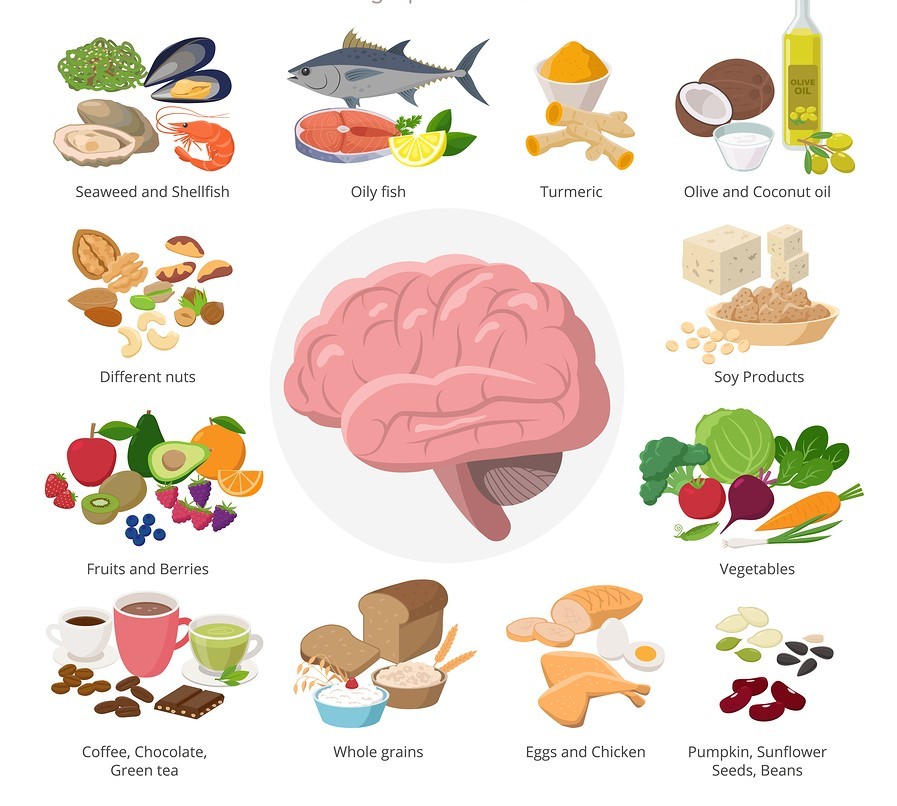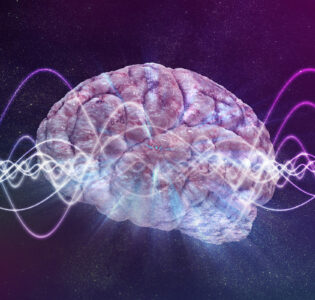Genazzano Institute – Introducing your second brain…the gut!
Is there really a second brain?
Have you ever felt nausea before a performance, gut-wrenching sadness, or anticipatory butterflies in your stomach? The old sayings of not ignoring a ‘gut feeling,’ or going with a ‘gut instinct’ seem to infer that the gut itself has some knowledge or insight. The gut is undeniably sensitive to a person’s thoughts and emotions.
Indeed, the lining of the gut has been labelled the ‘second brain’ due to a growing body of scientific knowledge about the links between digestion, the microbiome (millions of bacteria that largely reside in the gut) and a person’s mood, thinking and health.
The gut-brain axis
The brain and the gut are connected physically through millions of nerves, most notably the vagus nerve. They are also connected biochemically through hormones and neurotransmitters. The ‘second brain’ label actually refers to the ‘enteric nervous system’ (ENS), which is a collection of millions of nerve cells residing in the gastrointestinal tract. Whilst the ENS does not ‘think’ like the actual brain, it does send chemical signals back and forth or ‘talks’ with the brain, so there is a bi-directional flow of information. This communication is known as the ‘gut-brain axis.’
How does gut health affect the brain?
These chemical messages can be affected by the bacteria that reside in the microbiome. The microbiome is populated by healthy and beneficial bacteria that support wellbeing and brain function, but it also contains viruses, fungi and other bacteria that can be harmful or toxic.
Research into this area suggests that an imbalance or overgrowth of the unhealthy bacteria in the microbiome can trigger immunity overreactions and lead to inflammation, harming a person’s physical health and brain functioning.
The two-way flow of signals from the brain to the gut means that gut irritation or poor gut health can be the result of – or indeed the cause of – mental distress or poor mental health. Poor gut health can also impact on cognitive function leading to impairments such as slow thinking, poor focus and memory issues.
Promoting a healthy gut
Studies focused on understanding how food impacts the microbiome point to diet as a key way to prevent, minimise or revert mental health issues or poor cognitive function caused by microbiome imbalance.
To ensure that your microbiome, and therefore your brain and body, are functioning as well as possible, you need to promote and nurture the healthy bacteria in your gut and digestive tract. Experts suggest that a healthy, well-balanced diet is the key. Avoid foods that are sugary, processed, fried and high in saturated fats.
Catherine Brandon, Genazzano Institute
READ HERE FOR DR AMY REICHELT’S TIPS ON EATING FOR HEALTHY BRAIN FUNCTION!





